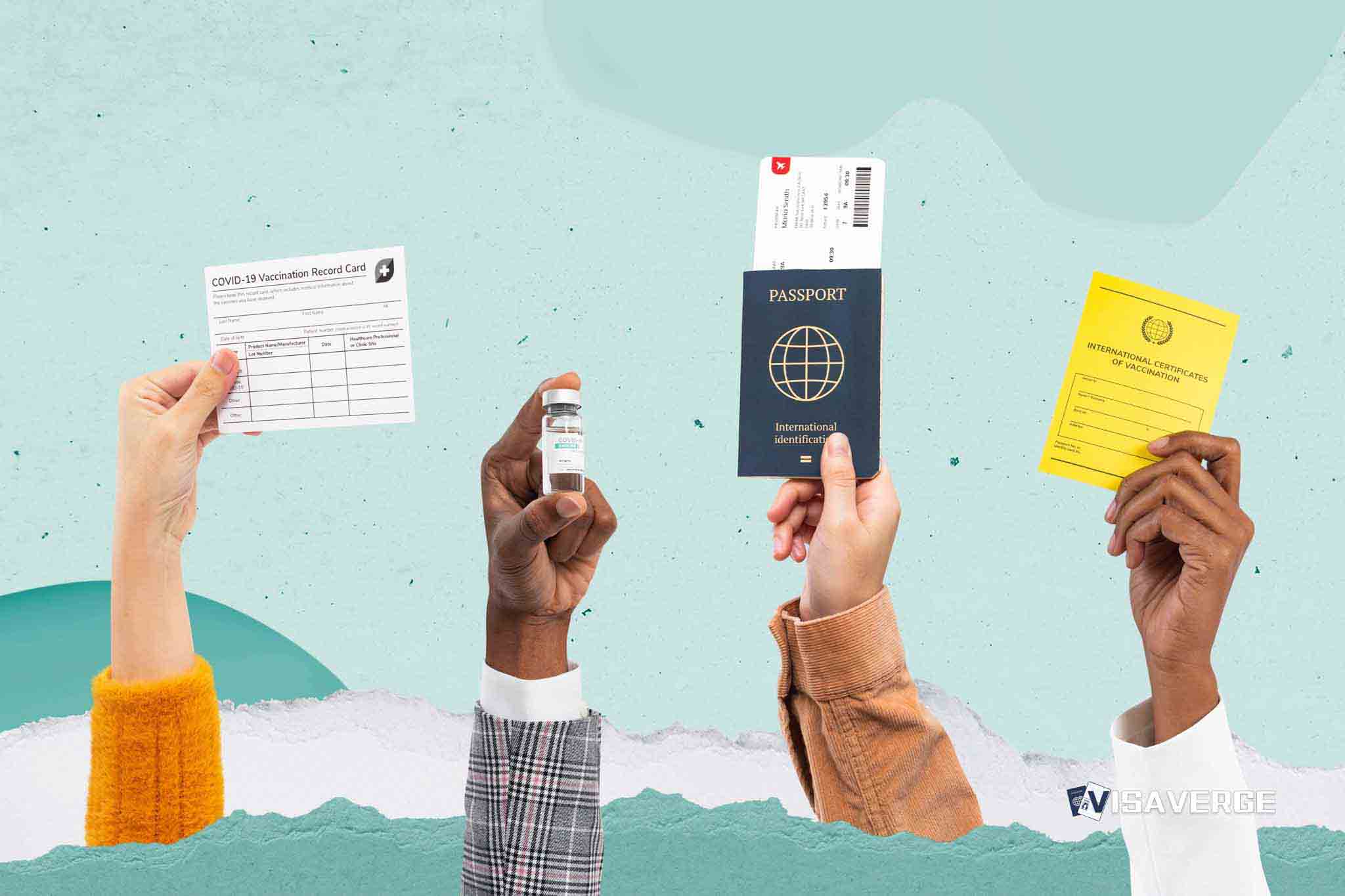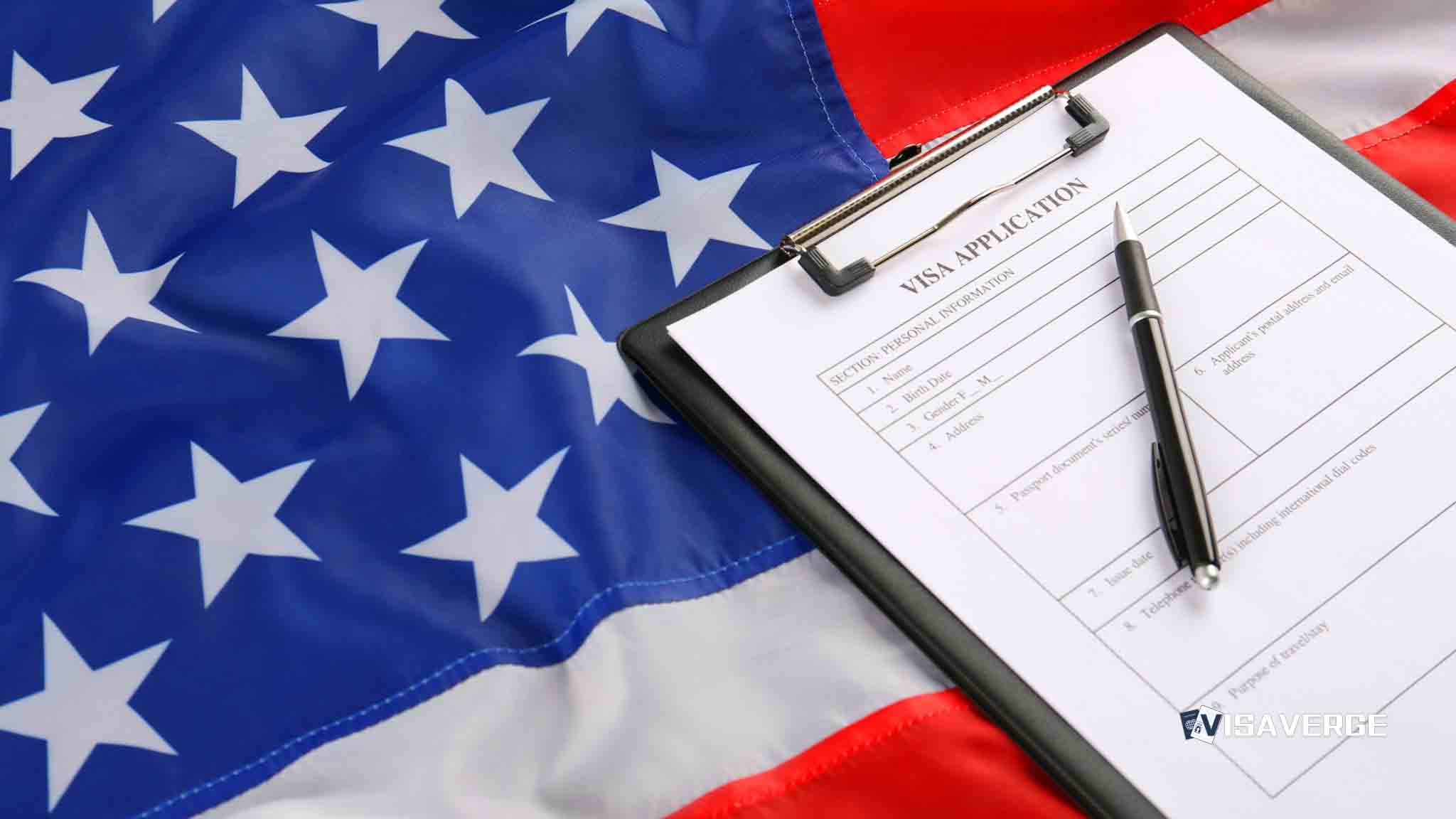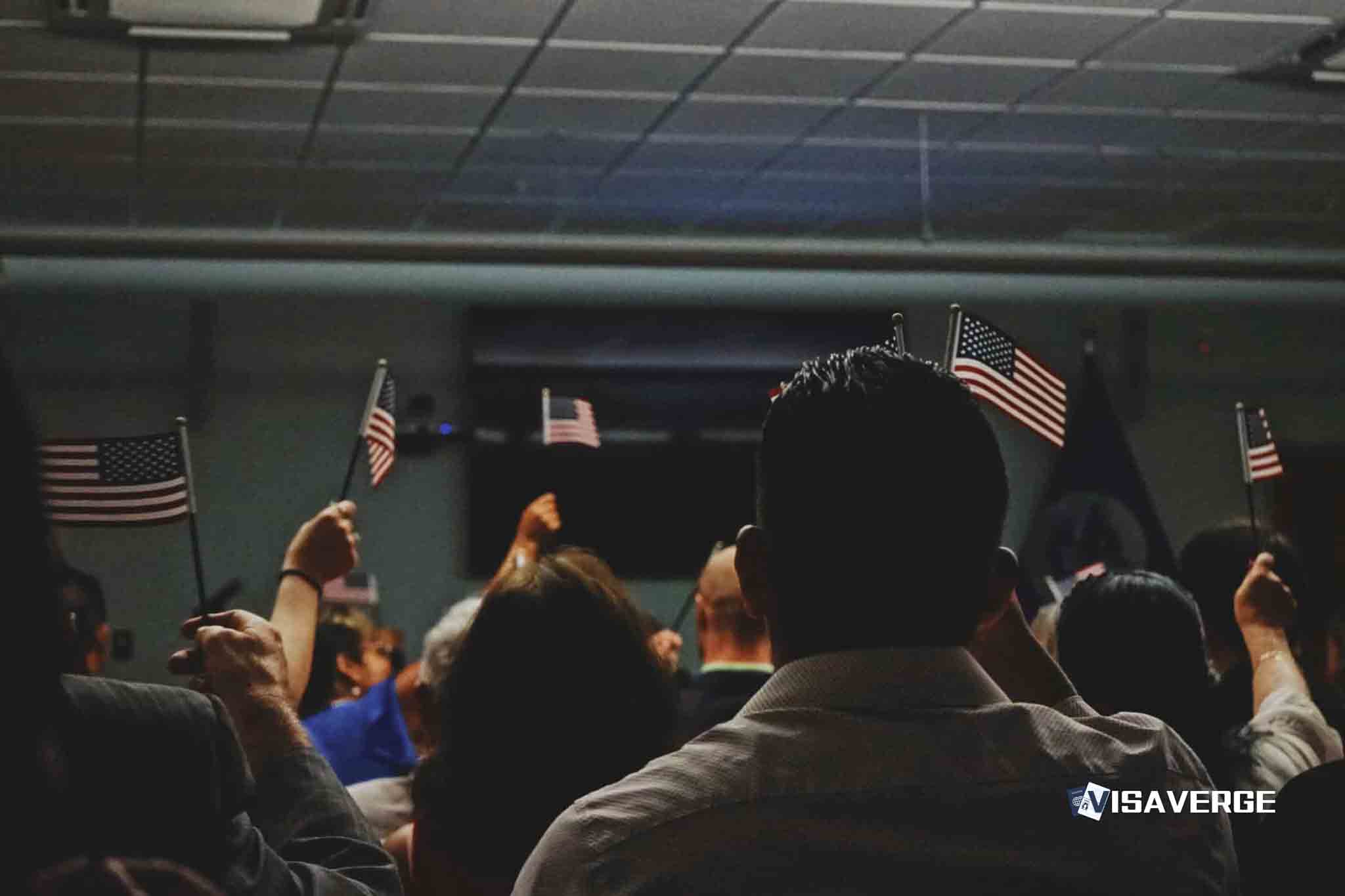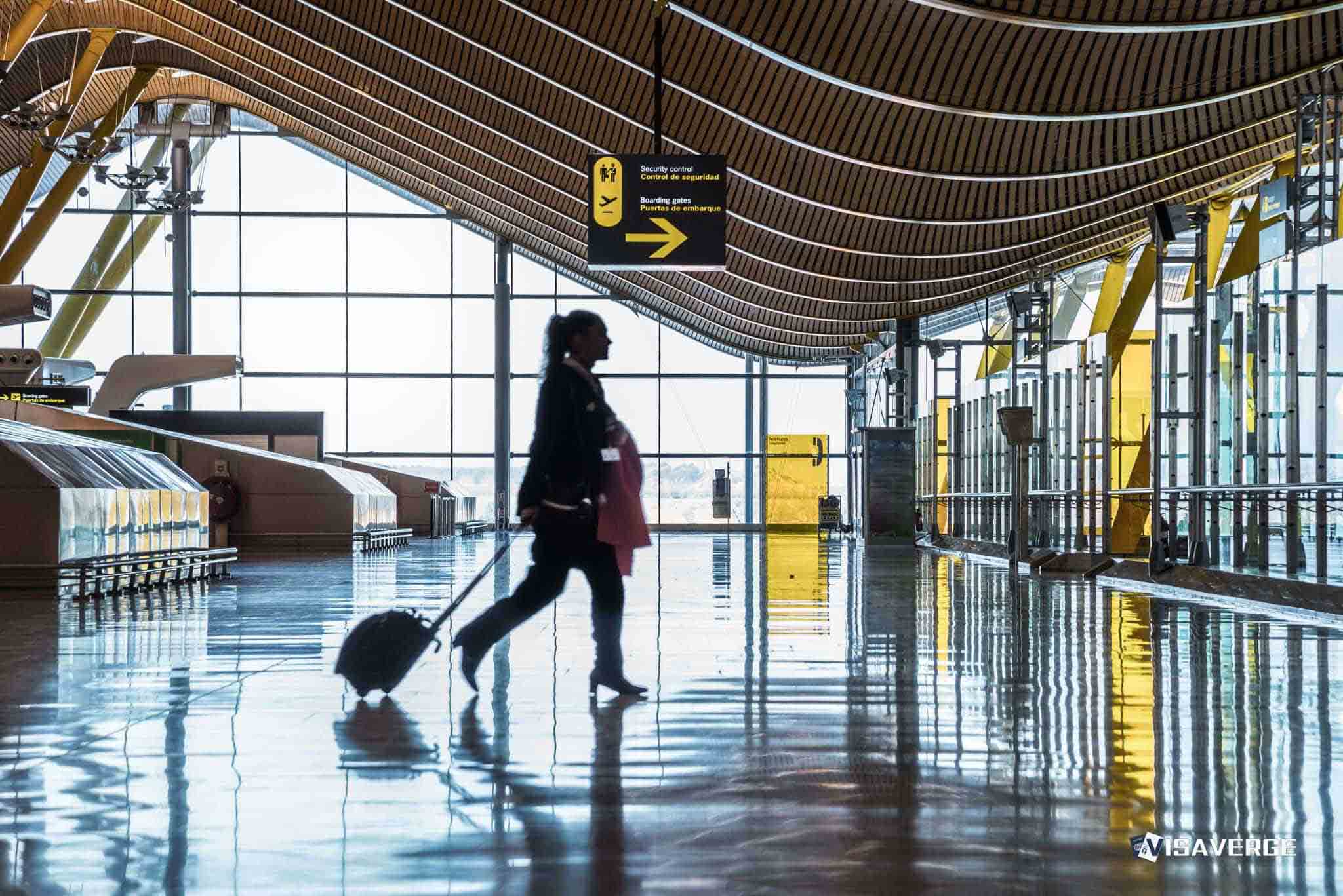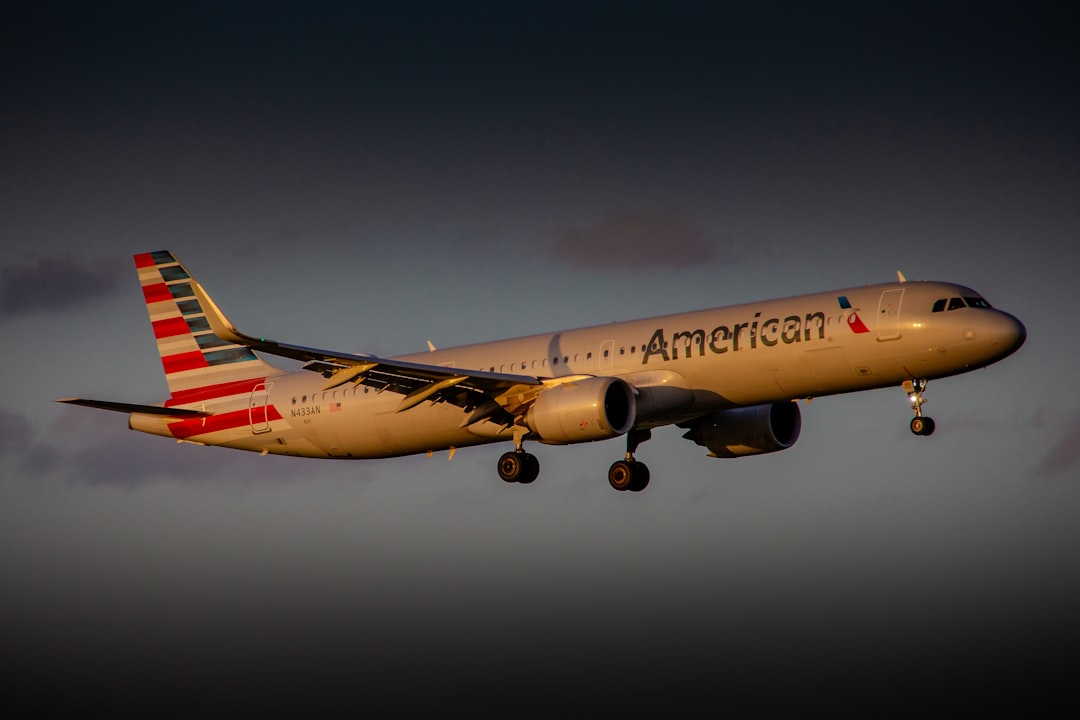(VANCOUVER, CANADA) A rebound in Vancouver’s struggling office market is taking shape as fast-growing AI firms and changes to U.S. immigration rules push more tech jobs and investment north of the border, according to new industry analysis for late 2025. Real estate advisors say fresh restrictions and higher costs tied to the H-1B visa in the United States 🇺🇸 are causing some companies and workers to rethink plans, with Vancouver emerging as one of the main winners in this shifting talent landscape.
Leasing activity and vacancy trends
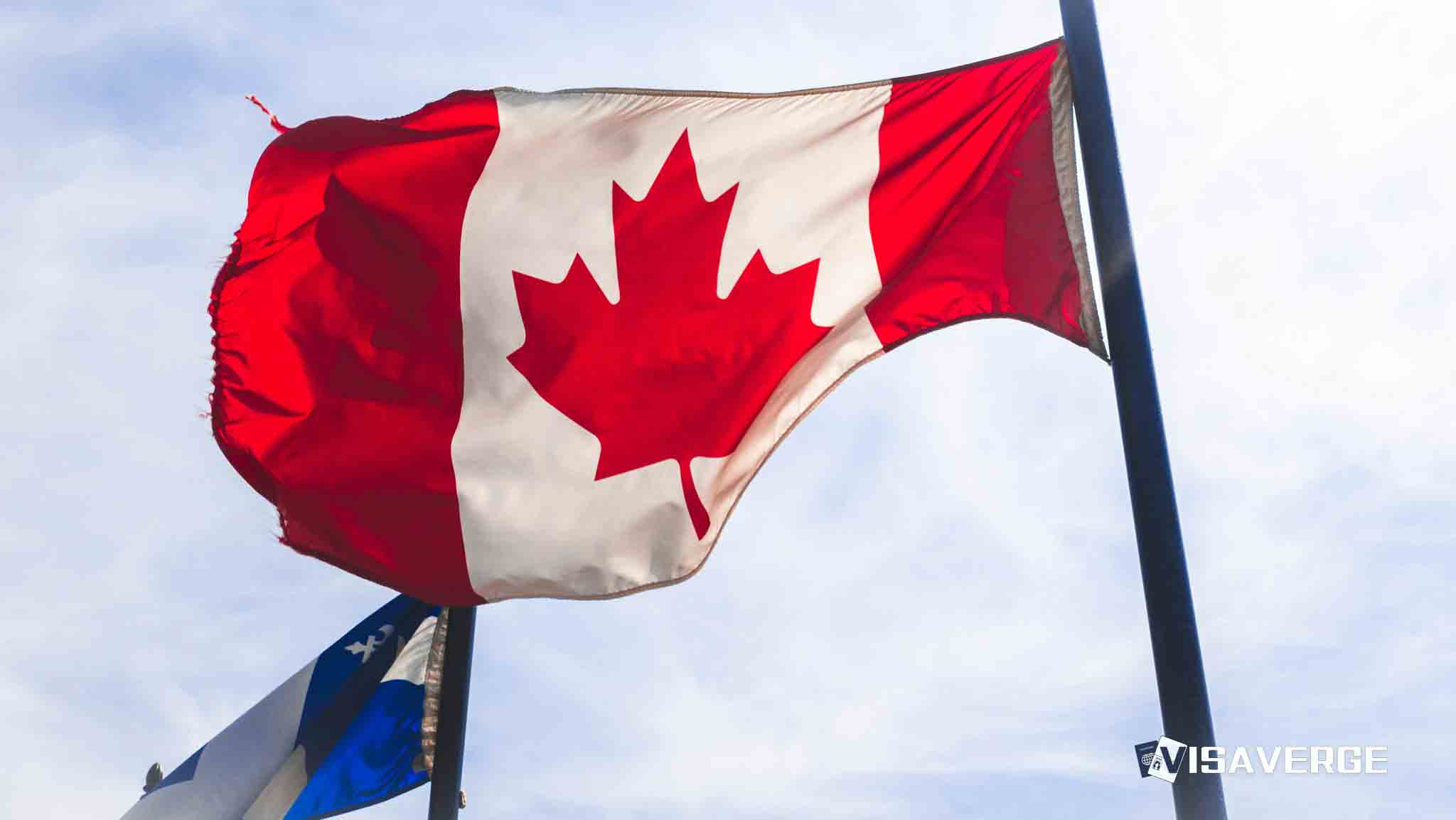
Reports from major commercial property firms, including Newmark and Colliers, indicate that office leasing in Vancouver remained solid through the third quarter of 2025 even as many global cities still struggled with weak demand.
About 1.1 million square feet of space was leased in the July-to-September period, outpacing the same quarter a year earlier. This signals that companies in sectors like AI and software are once again willing to commit to physical offices after years of uncertainty.
At the same time, vacancy in Vancouver’s Downtown Core remains elevated, hovering between 14.5% and 16.1%, according to recent tracking. Those levels are far above pre-pandemic norms, but another trend has caught analysts’ attention: sublease vacancy — a key measure of distress when firms give back space they no longer need — is now starting to fall. That suggests excess space is being slowly absorbed as tenants consolidate into better-quality buildings and new tech arrivals sign long-term deals.
Why Vancouver is attracting tech firms
Behind the numbers sits a powerful mix of global forces.
Vancouver has spent years building a reputation as a hub for AI research and advanced computing, backed by local universities and a cluster of homegrown start-ups. In the past, many experienced engineers and founders still felt pressure to base themselves in the United States because that was where the biggest tech employers and investors were. The H-1B visa, a temporary work permit for highly skilled specialists, was often their main path.
That path has become harder. Recent U.S. policy changes have:
- Raised government filing fees for many H-1B visa applications
- Tightened rules that decide which jobs qualify as specialty occupations
- Increased denials and compliance concerns for some employers
Immigration lawyers say some employers now think twice before sponsoring junior workers, or look for ways to move teams abroad when renewals are denied. According to analysis by VisaVerge.com, these shifts have hit smaller tech companies especially hard, because they lack the legal budgets and in-house staff of the largest platforms.
How companies and workers are responding
In this environment, Vancouver’s mix of open work pathways, shared time zones with major U.S. cities, and growing AI ecosystem is drawing fresh attention.
Recruiters report that some founders now run “distributed headquarters,” keeping a small legal presence in the United States while placing engineering and research teams in Canada 🇨🇦 to avoid U.S. visa uncertainty. For workers who once counted on an H-1B visa as their ticket to Silicon Valley, a job offer in Vancouver can feel less risky and often comes with the chance of permanent residence.
Examples of decisions being made:
- A machine‑learning engineer from India chooses a Vancouver lab over a Bay Area job due to lower visa risk and PR prospects.
- A mid-sized U.S. start-up facing repeated H-1B denials expands a small Canadian branch instead of fighting another round of applications.
- Founders base core legal operations in the U.S. but place bulk engineering teams in Vancouver to reduce compliance costs.
Each move contributes to leasing figures and slowly reshapes Vancouver’s skyline and role in North America’s tech economy.
New development pipeline
Developers are watching these shifts closely as they plan new buildings.
- Three large projects are now under construction in Vancouver.
- Leading the pipeline is The Onyx, a 270,000-square-foot Class AAA tower due to open in Q1 2026.
- Market reports say much of this upcoming space is already pre-leased, a striking contrast to the cautious mood seen during the height of remote work.
Landlords argue that fast-growing AI and gaming companies want premium offices to attract staff back to in-person collaboration.
Market balance and landlord concessions
Still, the recovery is uneven and fragile. Analysts describe 2025 as a period of gradual rebalancing, with Vancouver remaining very much a tenant’s market.
Many landlords have been forced to offer:
- Generous improvement allowances
- Flexible lease terms
- Concessions for older buildings outside the top tier
Some proposed towers remain on hold as developers wait for clearer signs that vacancy will keep falling and that AI-driven demand is strong enough to justify breaking ground on more expensive projects in the downtown core.
Policy as a key variable
The cross-border dimension means immigration policy will stay central to the outlook.
- If the United States further tightens the H-1B route or adds more compliance checks, more international graduates may pick Canadian cities like Vancouver for their first jobs.
- Conversely, any move by Washington to expand access to work permits for AI specialists could slow the current northward pull.
Official U.S. guidance on the H-1B program, published by U.S. Citizenship and Immigration Services, already stresses strict criteria for employers: H-1B specialty occupations page.
Local impacts and planning concerns
For people on the ground, these policy shifts translate into very personal choices.
- A machine‑learning engineer may swap Bay Area ambitions for a Vancouver offer tied to a global AI brand.
- A start‑up may expand in Canada rather than continue costly visa battles.
Local officials and business leaders see both opportunity and risk:
- Opportunities:
- Filling modern skyscrapers
- Supporting transit
- Creating high-paying jobs for residents and newcomers
- Risks:
- Increased affordability pressures
- Potential for office growth to push up housing costs
- Widening inequalities without coordinated planning
City planners argue that careful zoning, faster housing approvals, and support for transit‑oriented development are needed so that an influx of H-1B-era talent shifting to Vancouver does not deepen existing inequalities.
Outlook for 2026
Looking ahead to 2026, brokers say the most likely path is a slow, uneven recovery rather than a dramatic surge.
“We’re not talking about a boom,” said one Vancouver-based leasing executive familiar with recent Newmark and Colliers data. “But there is real momentum in AI, and U.S. visa policy is clearly part of the story.”
For now, tenants hold most of the power, yet the gap between the best new towers and the rest of the market keeps widening. How long that balance lasts remains uncertain.
Vancouver’s office market is rebounding as fast-growing AI companies and U.S. H-1B visa restrictions drive tech talent and investment north. Q3 2025 saw roughly 1.1 million square feet leased, while downtown vacancy remained elevated at 14.5–16.1 percent but sublease levels fell. Developers are advancing projects like The Onyx (270,000 sq ft) for Q1 2026. The recovery is uneven and tenant-favored, with future momentum hinging on U.S. immigration policy and careful local planning to manage housing and infrastructure impacts.









